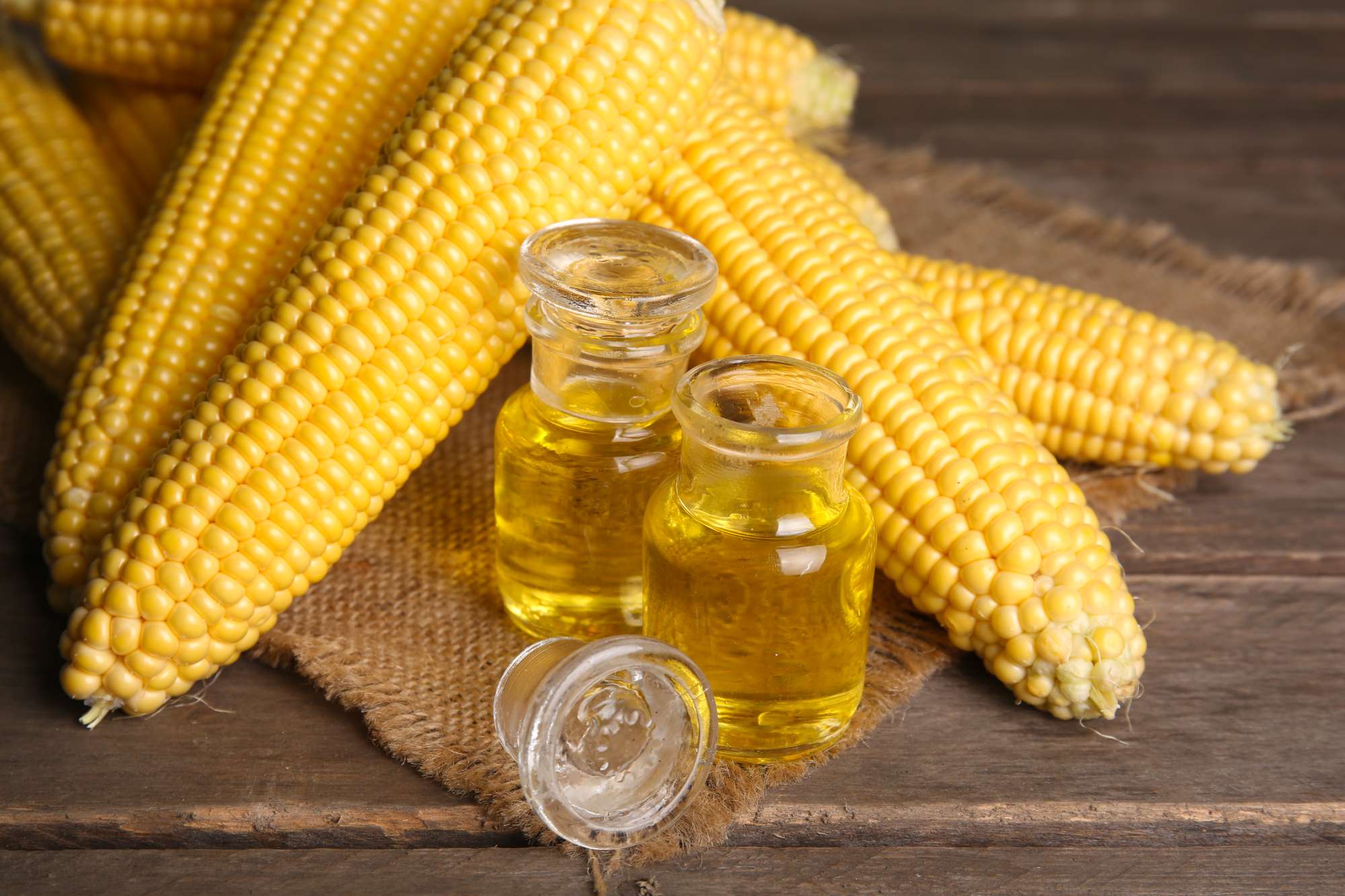Olive oil is rich in healthy monounsaturated fats and antioxidants
Olive oil is rich in healthy monounsaturated fats and antioxidants
Olive oil, extracted from the fruit of the traditional olive tree in the Mediterranean basin, is a widely used liquid fat worldwide. Renowned for its antioxidant and anti-inflammatory properties, olive oil is particularly acknowledged for its role in preventing cardiovascular diseases and cancers. The smoke point of olive oil is approximately 350°F (176°C), which is a common cooking temperature for many recipes, particularly those for baked goods.
Olive oil is available in various types, including virgin olive oil, extra virgin olive oil, refined olive oil, and olive-pomace oil.
Not only the health benefits that it offers, this oil is also valued for its distinct flavor and organoleptic qualities. Virgin olive oil contains polyphenols that are responsible for sensory effects like bitterness and pungency, often described as a “throat-irritating” sensation.
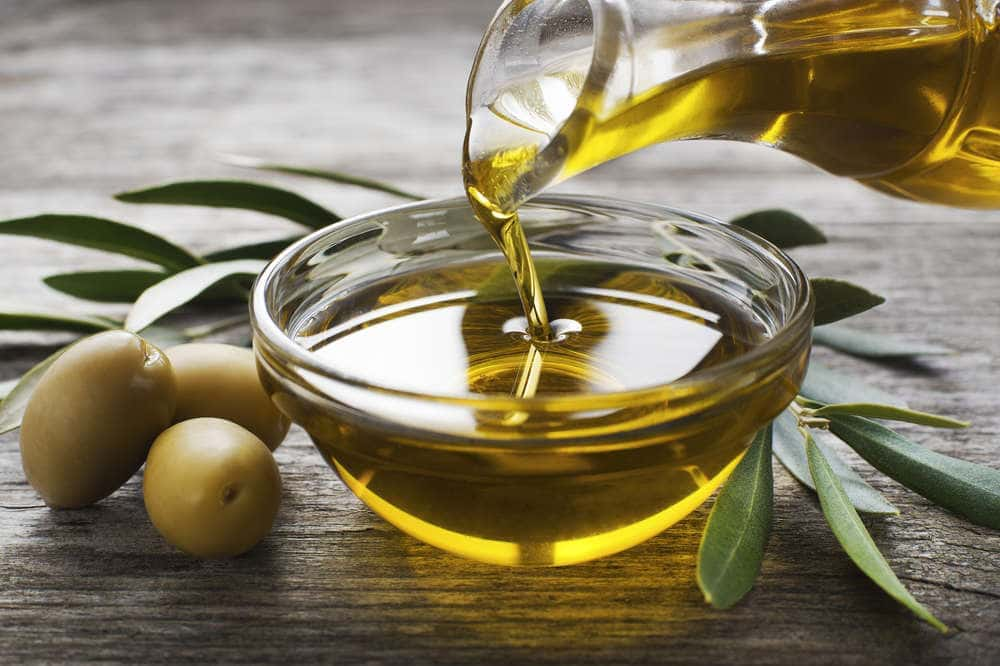
NUTRITION OF OLIVE OIL
According to the United States Department of Agriculture (USDA), 1 tbsp, or 13.5 grams (g) of olive oil, provides: 119 calories, 1.9 milligrams (mg) of vitamin E, 8.13 micrograms (mcg) of vitamin K.
Olive oil is rich in healthy monounsaturated fats
Olive oil is the natural oil extracted from olives, the fruit of the olive tree. About 13.8% of the oil is saturated fat, whereas 10.5% is polyunsaturated, such as omega-6 and omega-3 fatty acids. However, olive oil’s predominant fatty acid is oleic acid, a monounsaturated fat that makes up 71% of the total oil content. Studies suggest that oleic acid reduces inflammation and oxidative stress, and may even have beneficial effects on genes linked toTrusted Source cancer. Monounsaturated fats are also quite resistantTrusted Source to high heat, making extra virgin olive oil a healthy choice for cooking.
Olive oil contains large amounts of antioxidants
In addition to the 13% daily dalue (DV) of vitamin E and 7% DV of the vitamin K contained in one tablespoon (tbsp) of Olive oil, it also contains traces of calcium and potassium, as well as lots of polyphenols, tocopherols, phytosterols, squalene, and terpenic acids and other antioxidants. These may help reduce your risk of chronic diseases that affect your cardiovascular and central nervous system. Antioxidants also fight inflammation and help protect blood cholesterol from oxidation — two benefits that may lower your risk of heart disease.
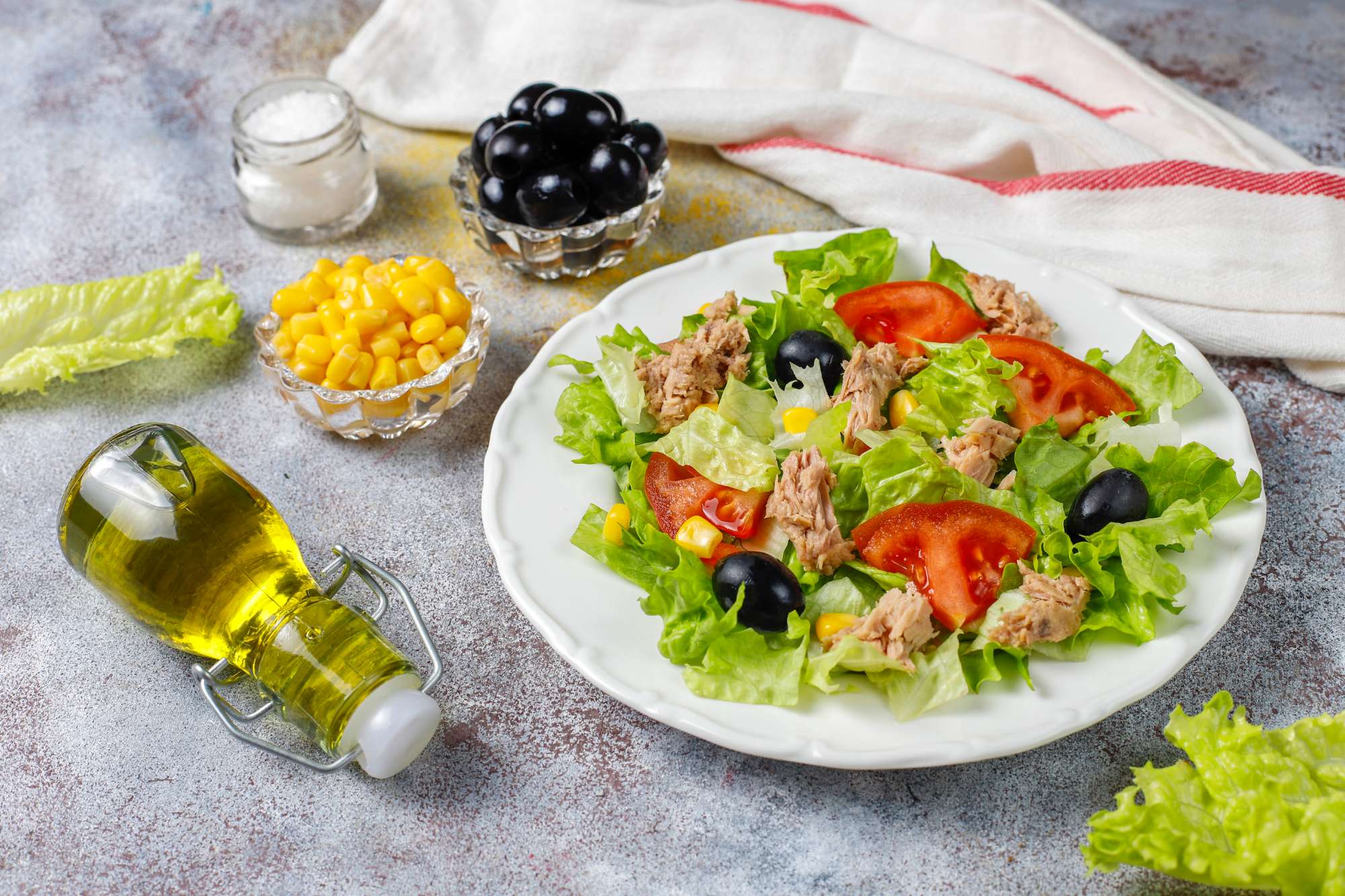
How much olive oil should you take a day?
There’s no exact recommendation for the amount of olive oil you should consume per day. However, taking at least 1/2 tbsp is associated with a lower risk of some chronic diseases.
HEALTH BENEFITS FROM OLIVE OIL
Many studies have looked at the health benefits of olive oil. Extra virgin olive oil, which is the best quality oil available, is rich in antioxidants, which help prevent cellular damage caused by molecules called free radicals. Free radicals are substances that the body produces during metabolism and other processes. Antioxidants neutralize free radicals. If too many free radicals build up, they can cause oxidative stress. This can lead to cell damage, and it may play a role in the development of certain diseases, including certain types of cancer.
1. Olive oil and the cardiovascular system
People who consume this diet appear to have a higher life expectancy, including a lower chance of dying from cardiovascular diseases, compared with people who follow other diets. Some expertsTrusted Source call it “the standard in preventive medicine.”
A 2018 study compared the number of cardiovascular events among people who consumed a Mediterranean diet, either with olive oil or nuts, or a low-fat diet. People who consumed the Mediterranean diet, whether with olive oil or nuts, had a lower incidence of cardiovascular disease than those on the low-fat diet.
According to the authors of one 2018 review, the Food and Drug Administration (FDA) and the European Food Safety Authority recommend consuming around 20 grams (g) or two tablespoons (tbs) of extra virgin olive oil each day to reduce the risk of cardiovascular disease and inflammation.
Results of a 2017 study suggested that the polyphenols in extra virgin olive oil may offer protection from cardiovascular disease, atherosclerosis, stroke, brain dysfunction, and cancer. Polyphenols are a type of antioxidant.
2. Olive oli and metabolic syndrome
Metabolic syndrome is a condition characterized by a group of risk factors that increase disease risk, including obesity, high blood pressure, and high blood sugar levels.
Authors of a 2019 meta-analysis concluded that olive oil in a Mediterranean diet might improve features of metabolic syndrome, such as inflammation, blood sugar, triglycerides (fats in the blood), and low-density lipoprotein (LDL), or “bad” cholesterol. In contrast, it appears to increase levels of high-density lipoprotein (HDL), or “good” cholesterol.
3. Olive olid and depression
In 2013, a rodent study suggested that ingredients in extra virgin olive oil may help protect the nervous system and could be useful for treating depression and anxiety.
Two years before, scientists had found evidence that people who ate trans fats, which is an unhealthful fat that features in fast foods and premade baked goods, were more likely to have depression than those who consumed unsaturated fats, such as olive oil.
4. Olive oil and cancer risk
Some studies have suggested that substances in olive oil may help reduce the risk of breast cancer, but not all findings confirm this.
According to research published in 2019, olive oil contains substances that may help prevent colorectal cancer. Lab tests have found evidence that antioxidants in olive oil may help protect the body from inflammation, oxidative damage, and epigenetic changes.
5. Olive oil and alzheimer’s disease
In 2016, some scientists suggested that including extra virgin olive oil in the diet may help prevent Alzheimer’s disease. This may be due to its protective impact on blood vessels in the brain.
Authors of a mouse study published in 2019 suggested that consuming oleocanthal-rich extra virgin olive oil could help slow or stop the progression of Alzheimer’s. Oleocanthal is a phenolic compound that occurs in extra virgin olive oil.
6. Olive oil and the liver
A 2018 review of laboratory studies found that molecules in extra virgin olive oil may help prevent or repair liver damage.
The oil’s MUFAs, which are mainly oleic acid, and its phenolic compounds appear to help prevent inflammation, oxidative stress, insulin resistance, and other changes that can result in liver damage.
7. Olive oil and inflammatory bowel disease
Inflammatory bowel disease (IBD) causes inflammation of the digestive tract. Ulcerative colitis and Crohn’s disease are types of IBD.
A 2019 review found that phenols in olive oil may help boost intestinal immunity and gut health by changing the microbes in the gut. This could be useful for people with colitis and other types of IBD. The authors noted that more human studies are needed to confirm these results.

Make sure to get extra virgin olive oil
Using extra virgin olive oil may provide more health benefits than refined olive oil.
Extra virgin olive oil retains some of the antioxidants and bioactive compounds from the olives, whereas refined olive oil loses much of the olive’s nutrients.
It’s also important to carefully read the labels and ingredient lists before buying a product. Many oils that read “extra virgin” on the label have been dilutedTrusted Source with other refined oils.
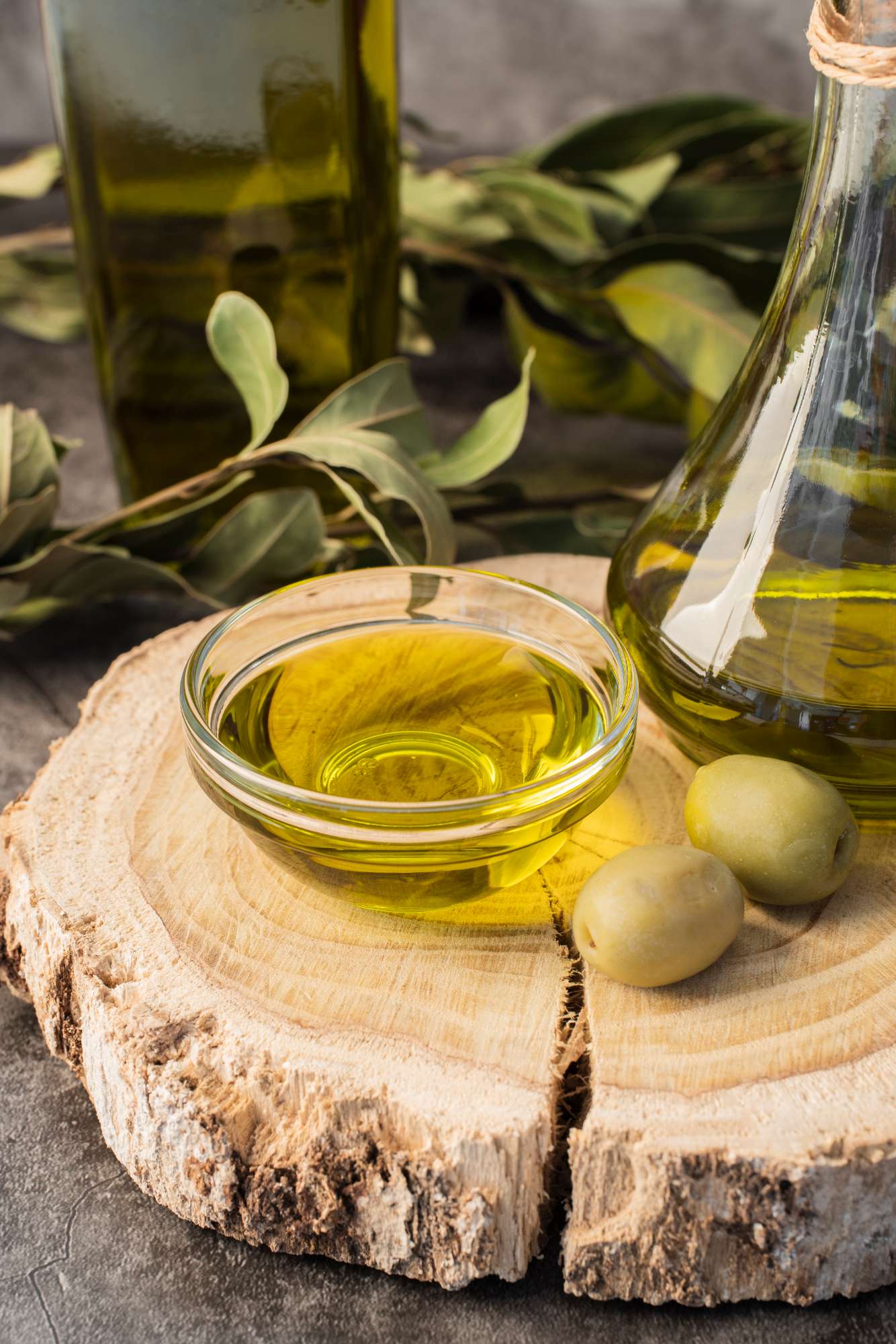

DO YOU KNOW?
Olive oil is a very delicate oil; conserving its purity and quality is critical to preserve its health benefits. Maintaining olive oil's quality and extending its shelf life are achieved using appropriate cultivar and harvesting techniques, as well observing optimal storage time, and storage methods. These include storage in cool, dark places away from light and heat in glass bottles or tin-coated steel cans. The choice of packaging is another crucial aspect of oil preservation. The most common packaging materials for olive oil include glass, tin, stainless steel, and plastic. Specifically, glass containers are often recommended for their ability to provide a hermetically sealed environment that protects the oil from oxidation and external contaminants.
Another key factor is temperature management. It has a crucial role in maintaining olive oil's characteristics, especially during cooking, as highlighted by research demonstrating the impact of heating temperatures on nutritional quality. High temperatures and deep frying, such as those encountered in deep frying, can lead to prominent changes in the oil's chemical composition, necessitating careful selection of oils to maintain nutritional integrity. Finally, adulteration of olive oil is a major concern in the industry, where lower-cost oils are added to olive oil, misleading consumers. Accordingly, ensuring that relevant legislations and practices at home are appropriately applied is important to have the healthiest olive oil products and to ensure consumer trust.
Compiled and written by Crocus Media
Products

Extra Virgin Coconut Oil By Cold Press
At a temperature below 25 degrees Celsius, extra virgin coconut oil begins to solidify, which is the physical effect and does not affect the product’s quality.

Coconut Butter
Coconut butter is high in lauric acid (about 50%), caprylic acid, capric acid and Medium-chain triglycerides which are considered valuable sources of energy that are quickly absorbed by the body. Fiber content reaches about 14% and completely does not contain harmful fats for the body.

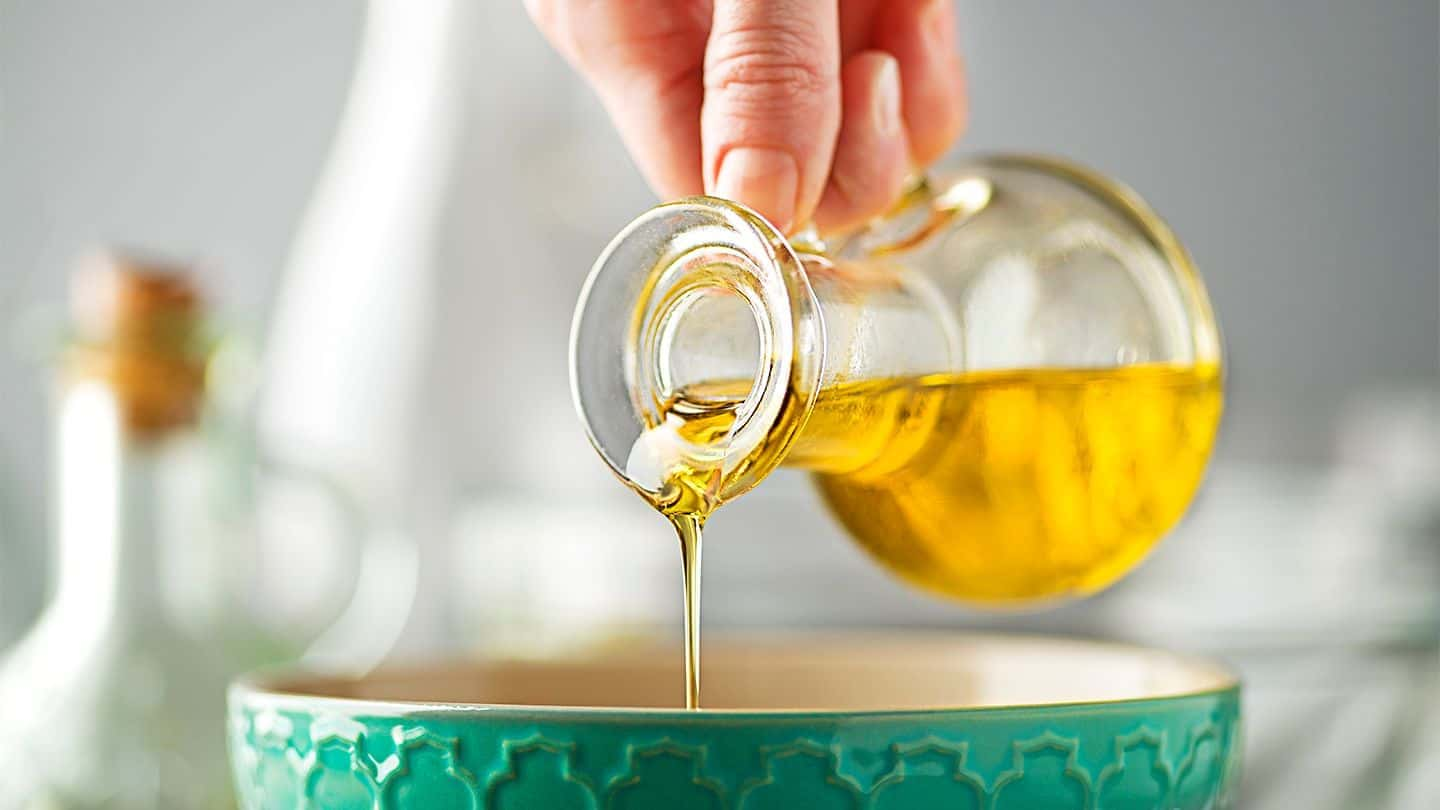
.jpg)
